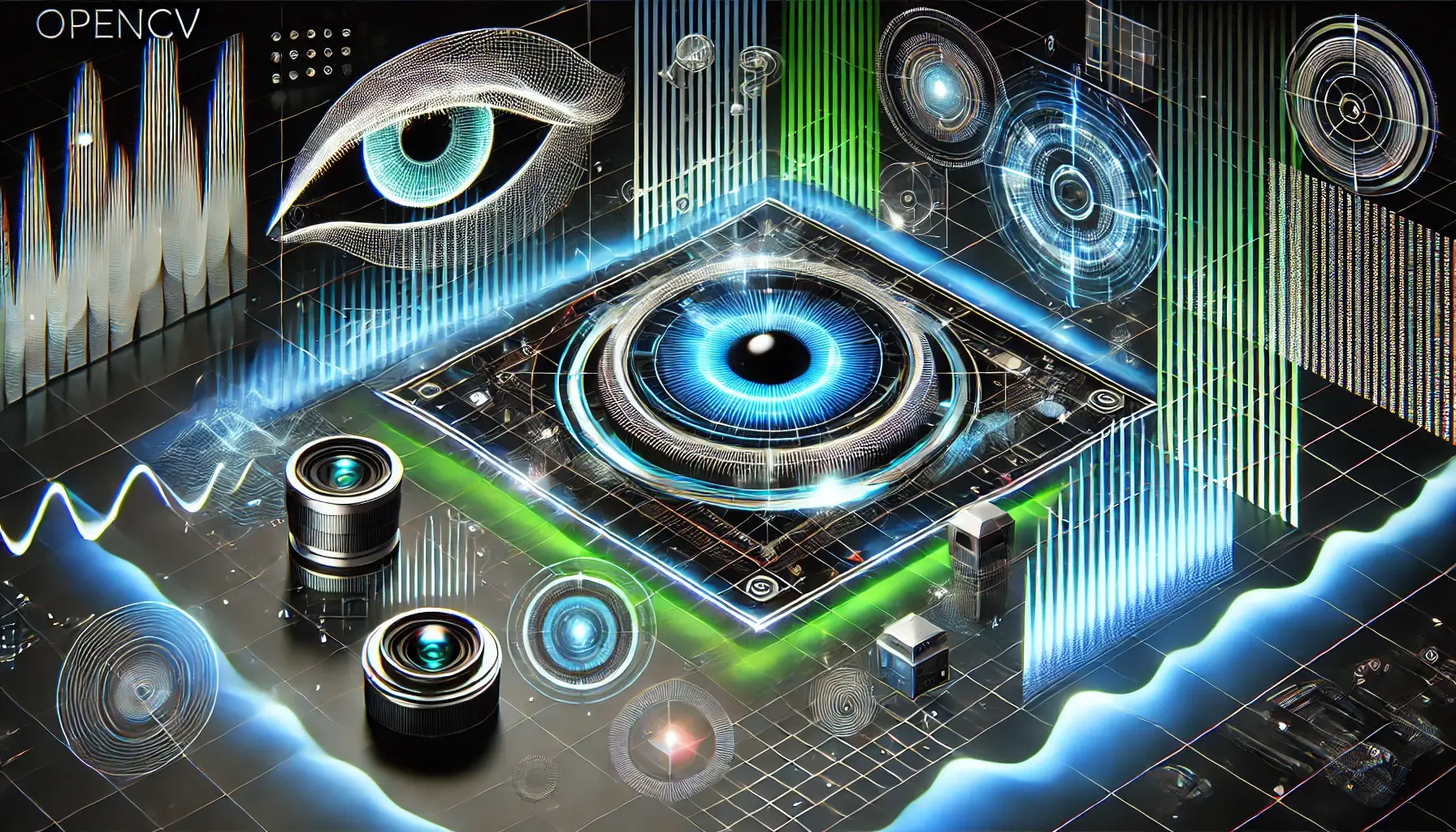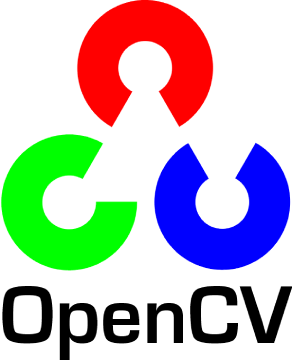
We primarily use Python due to its popularity and ease of use, but we also cover C++ examples for performance-critical applications.


OpenCV Course
OpenCV course equips you with the skills to develop advanced computer vision applications using one of the most powerful and widely used open-source libraries in the field. OpenCV (Open Source Computer Vision Library) offers a robust set of tools for image and video analysis, making it an essential skill for anyone working in computer vision, image processing, and machine learning.
OpenCV, initially developed by Intel in 1999, has evolved into a versatile, cross-platform library supported by a vibrant community. Key aspects of OpenCV that make it indispensable in the field include:
By mastering OpenCV, you'll gain the ability to tackle complex visual computing challenges across various domains.
Ch. 1
Introduction to Image and Video Processing
Ch. 2
Signals and Systems
Ch. 3
Fourier Transform and Sampling
Ch. 4
Motion Estimation
Ch. 5
Image Enhancement
Ch. 6
Image segmentation
Ch. 7
Image and Video Segmentation
Ch. 8
Geometric PDEs
Ch. 9
Image Recovery
Ch. 10
Advanced Operations, Detecting Faces and Features

Benny Cohen
Embedded Academy Founder and CEO
As a long-time veteran in the technology industry, Benny Cohen combines a deep passion for technology with extensive field experience. With a B.Sc. in Electronics Engineering and an M.Sc. in Communication Engineering, he has spent over 20 years developing software and hardware systems, including the last few years focusing on the cybersecurity industry. In addition to his role as the company founder & CEO, Benny also operates as a hands-on practitioner who specializes in penetration testing and has conducted significant security assessments for leading enterprises and security companies worldwide. His approachable teaching style and real-world expertise make learning both engaging and relevant.
We primarily use Python due to its popularity and ease of use, but we also cover C++ examples for performance-critical applications.
A standard laptop or desktop computer is sufficient for most course exercises. For some advanced topics, we provide cloud-based resources.
The course is designed to accommodate those new to computer vision, but a strong programming background is required.
News, insights, and learning resources from Embedded Academy
